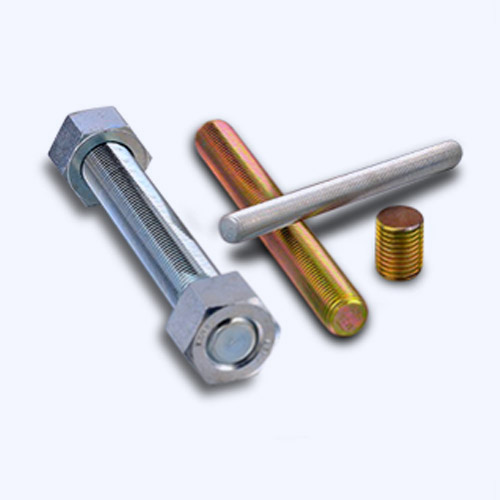ное. . 22, 2024 09:10 Back to list
how to choose screws
How to Choose the Right Screws A Comprehensive Guide
Choosing the right screws for your project may seem like a trivial detail, but it plays a crucial role in ensuring the structural integrity and longevity of your work. Whether you are constructing furniture, building a deck, or undertaking a DIY project, understanding screw selection is essential. In this guide, we'll explore the different types of screws, their materials, and how to select the right size and type for your specific needs.
Types of Screws
Screws come in various types, each designed for different applications.
1. Wood Screws These screws have a coarse thread and are ideal for fastening wooden pieces. They are typically tapered at the end, which helps them to penetrate wood easily.
2. Sheet Metal Screws Designed for use with metal, these screws have sharp threads that allow them to cut through metal. They can also be used in wood but are primarily meant for thin metal applications.
3. Machine Screws These screws are used with a nut or tapped hole and often have a uniform diameter. They are perfect for heavy-duty applications where durability is key.
4. Self-Tapping Screws These screws can cut their own thread as they are driven into the material. This feature is especially useful for quick assembly without needing pre-drilled holes.
5. Lag Screws Heavy-duty screws used for fastening wood to wood (or similar materials) with a washer. They provide a high amount of torque and are great for load-bearing applications.
6. Deck Screws Specifically designed for outdoor use, these screws are treated to resist corrosion from exposure to the elements.
Material Considerations
The material of the screw is just as vital as its type. Different environments and applications require different materials for optimal performance.
1. Steel Commonly used for its strength, yet it is prone to rust if not coated. Steel screws can be galvanized or coated with zinc to enhance corrosion resistance.
2. Stainless Steel Ideal for outdoor and marine applications due to its excellent corrosion resistance. Stainless steel screws may be more expensive, but their longevity often justifies the cost.
how to choose screws

3. Brass Used mostly for decorative purposes and in applications where weight is a consideration. Brass screws resist tarnishing but are not as strong as steel or stainless steel screws.
Size and Length
Choosing the correct size and length of the screw is critical for a secure fit. Measure the thickness of the material you are connecting, and follow these general guidelines
1. Diameter The screw diameter should match the requirements of your project. A larger screw provides more holding power but can split wood or damage materials if too big.
2. Length A good rule of thumb is that the screw should penetrate the material at least 1.5 times the thickness for optimal holding power. For example, if you are fastening two pieces of wood that are 1 inch thick, a 1.5-inch screw is generally recommended.
Head Types
The type of screw head plays a significant role in how the screw is driven and how it looks once installed.
1. Flat Head Sits flush with the surface, making it ideal for applications where a smooth finish is desired.
2. Pan Head Provides a larger surface area, suitable for adding grip when using a tool.
3. Round Head Protrudes above the material, used mainly in situations where the appearance of the screw is not a concern.
4. Hex Head Allows for a wrench to be used for driving, enhancing torque capability.
Conclusion
Choosing the right screws might not seem as glamorous as selecting the wood or paint for your project, but it is a fundamental aspect that cannot be overlooked. By understanding the different types of screws, materials, sizes, and head types, you can ensure that your projects are not only secure but also last for years to come. Investing some time in the right screw selection will pay off in the durability and quality of your finished work. Always remember the specifics of your project and consider consulting a professional if you are unsure about the best option for your needs!


